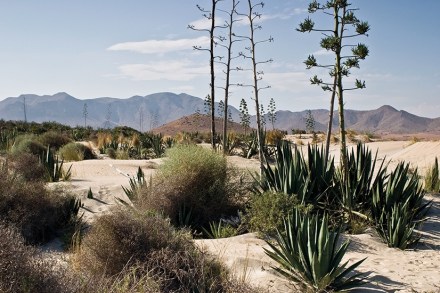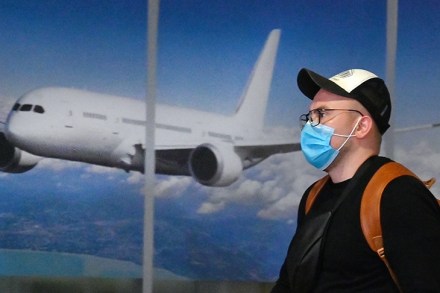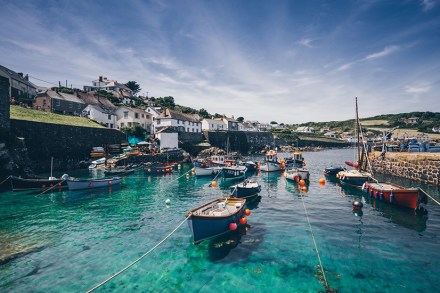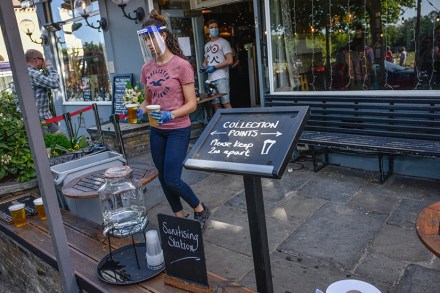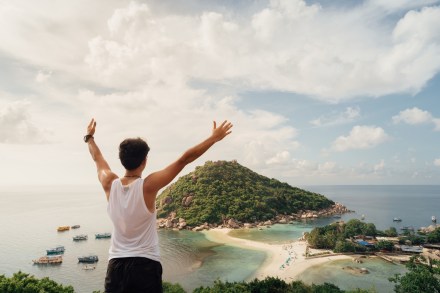At last, Biden’s cruel travel ban is ending
For many Brits and Europeans with ties to America, human relationships have been put on hold for an insufferably long time during the Covid-19 crisis. Today, at last, that changed. White House advisor Jeffrey Zients announced that anyone fully vaccinated from anywhere in the world will be able to enter the U.S. with a negative test result from November. To say this was a comfort to millions who felt trapped in or outside of the US seems to trivialise the consequences. Look at the Twitter hashtag #LoveIsNotTourism to see the real-world effects of enforced separation. Upon hearing the possibility of the ban’s lifting, I booked a UK trip for November, almost two years since my












